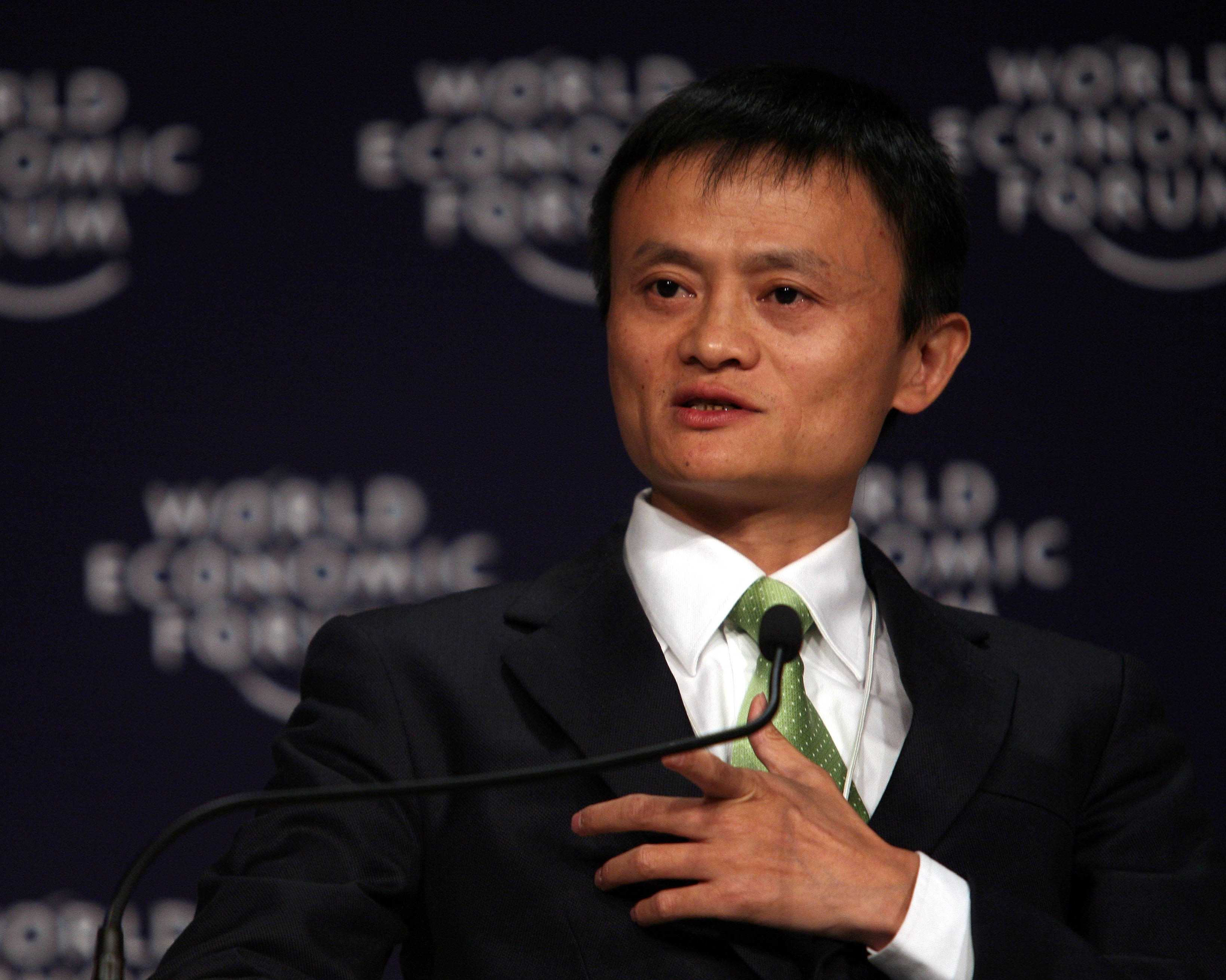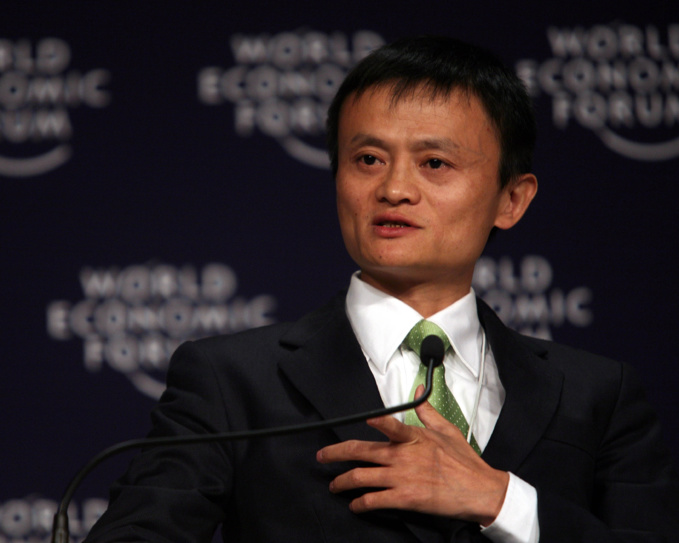Representatives of five large trading companies complained to The Associated Press that after refusing to sign an exclusive contract with Alibaba, their traffic on the Tmall platform fell, which, of course, negatively affected sales. For example, JD.com Inc. sales volumes decreased by 20%. Banners of companies have disappeared from the most profitable places in Tmall, and their products are not included into the most popular ratings anymore. Despite the high sales, representatives of "stubborn" companies complain that they are at the very bottom of the ratings.
"We hear such complaints from many brands," explains a consultant who helps Chinese companies organize online trading. "They do not obey the dictates and, as a result, they face restrictions on Tmall."
Unsurprisingly, Alibaba denies all accusations of unfair struggle in his address. The company, however, recognizes that it has certain preferences for those customers who enter into exclusive contracts with it, but claims that Chinese laws permit this. According to the Chinese anti-monopoly laws, companies that dominate the market may require exclusivity in the presence of serious justifications. In 2015, by the way, a law was passed that prohibits online traders to restrict clients from working with competing platforms. Naturally, Alibaba representative adds that the trading companies have the right to choose partners themselves and no one exerts any pressure on them.
Alibaba itself states: "Just like many platforms that deal with Internet commerce, we have exclusive agreements with some of the trading companies that use the services of Tmall. The companies themselves decide how profitable and attractive for them the conditions and services offered by us are."
Such complaints are not uncommon in business, but economists paid attention to this conflict not only because one of its participants is the giant Alibaba. The time is also important here. The story flared up once the trade war between Washington and Beijing began. It should be noted that although AP did not disclose names of Alibaba’s opponents, except for JD.com Inc., it is known that three of them are American companies for which the Chinese market is vitally important for further development.
Announcing new and new duties on Chinese goods, the White House calls on Beijing to abid the rules. It is, of course, not only about steel and aluminum. The stakes in the conflict between Alibaba and JD.com Inc. are very high - the online trading market is estimated at $ 610 billion. The platforms that control Chinese consumers’ access to goods have enormous power. After interviewing representatives of more than three dozen major participants of this market, the AP concluded that even the largest of them find is extremely difficult to resist dictate. The danger is further amplified by the fact that Alibaba can try and will probably try to squeeze this aggressive and unfair business model on the world markets of Internet commerce.
Washington believes that the situation deserves the most serious attention because of the huge volumes of Internet trading and the deficit balance in trade between the US and China. Recall that the main goal of all the recent actions of the the US White House is the desire to reduce this deficit, and not to increase it.
Alibaba is an online trading giant. Profitability of this Chinese company is twice as high as that of Amazon. Its number of annual clients exceeds number of all citizens of North America, including infants and decrepit elderly people. The volume of its annual sales is $ 550 billion dollars, i.е. exceeds the amount of online trading in the whole of America. Jack Ma’s goal is to increase the number of customers to 2 billion people by 2036. This means that Alibaba aims to serve every fourth inhabitant of the planet in two decades.
source: ap.org
"We hear such complaints from many brands," explains a consultant who helps Chinese companies organize online trading. "They do not obey the dictates and, as a result, they face restrictions on Tmall."
Unsurprisingly, Alibaba denies all accusations of unfair struggle in his address. The company, however, recognizes that it has certain preferences for those customers who enter into exclusive contracts with it, but claims that Chinese laws permit this. According to the Chinese anti-monopoly laws, companies that dominate the market may require exclusivity in the presence of serious justifications. In 2015, by the way, a law was passed that prohibits online traders to restrict clients from working with competing platforms. Naturally, Alibaba representative adds that the trading companies have the right to choose partners themselves and no one exerts any pressure on them.
Alibaba itself states: "Just like many platforms that deal with Internet commerce, we have exclusive agreements with some of the trading companies that use the services of Tmall. The companies themselves decide how profitable and attractive for them the conditions and services offered by us are."
Such complaints are not uncommon in business, but economists paid attention to this conflict not only because one of its participants is the giant Alibaba. The time is also important here. The story flared up once the trade war between Washington and Beijing began. It should be noted that although AP did not disclose names of Alibaba’s opponents, except for JD.com Inc., it is known that three of them are American companies for which the Chinese market is vitally important for further development.
Announcing new and new duties on Chinese goods, the White House calls on Beijing to abid the rules. It is, of course, not only about steel and aluminum. The stakes in the conflict between Alibaba and JD.com Inc. are very high - the online trading market is estimated at $ 610 billion. The platforms that control Chinese consumers’ access to goods have enormous power. After interviewing representatives of more than three dozen major participants of this market, the AP concluded that even the largest of them find is extremely difficult to resist dictate. The danger is further amplified by the fact that Alibaba can try and will probably try to squeeze this aggressive and unfair business model on the world markets of Internet commerce.
Washington believes that the situation deserves the most serious attention because of the huge volumes of Internet trading and the deficit balance in trade between the US and China. Recall that the main goal of all the recent actions of the the US White House is the desire to reduce this deficit, and not to increase it.
Alibaba is an online trading giant. Profitability of this Chinese company is twice as high as that of Amazon. Its number of annual clients exceeds number of all citizens of North America, including infants and decrepit elderly people. The volume of its annual sales is $ 550 billion dollars, i.е. exceeds the amount of online trading in the whole of America. Jack Ma’s goal is to increase the number of customers to 2 billion people by 2036. This means that Alibaba aims to serve every fourth inhabitant of the planet in two decades.
source: ap.org



















